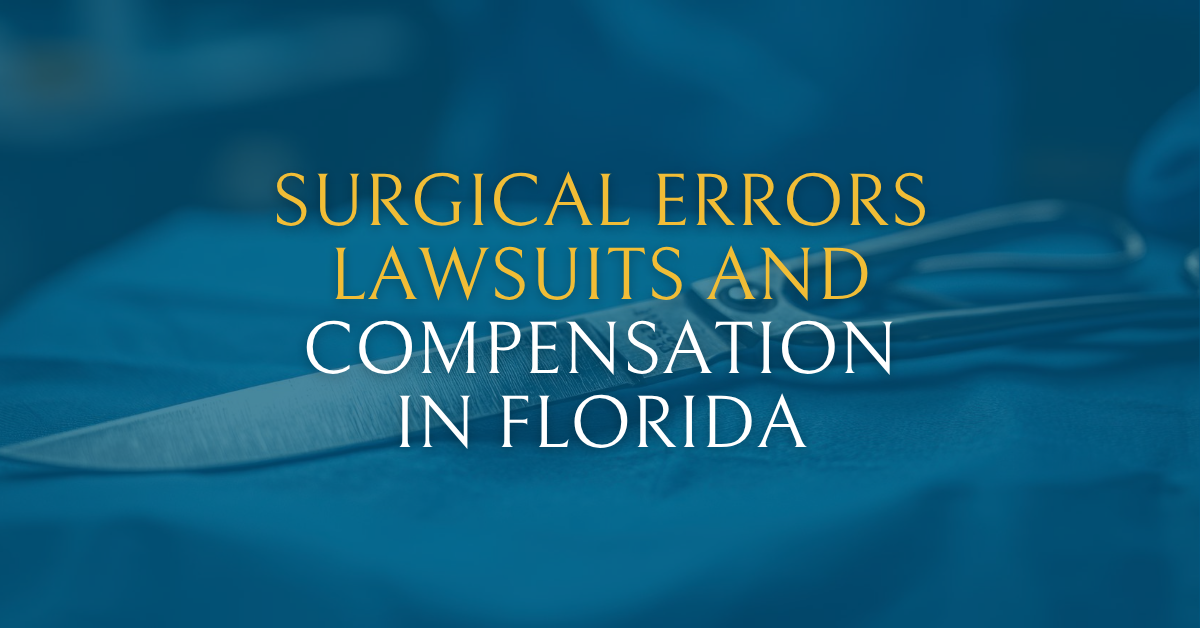Many attorneys who represent Plaintiffs in personal injury and wrongful death cases are seeing a trend of lower pre-suit offers by the insurance companies controlling the settlement purse strings. The trend seems to be extending through the discovery stage and mediation, with reasonable offers coming only at the 11th hour, if ever. This creates a hardship for clients, many of whom have lost earnings as a result of their injury and have a difficult time withstanding the financial pressures imposed by the insurance company’s strategy of withholding fair offers.
It also creates a disproportionate problem for the Plaintiffs’ attorneys who either lack the resources or the willingness to go to trial whenever the insurance company refuses to offer an amount that represents the fair value of a case. No doubt, Trials are expensive and come with risk. Some firms simply do not have the resources to expend or attorneys with significant personal injury trial experience, if any. While some clients may not know if the attorney they have hired hasn’t tried a case in years, or ever, the insurance company deciding how much to offer almost certainly does. As a result, offers at far less than fair value are often accepted. These inadequate settlement figures then go into the insurance databases and over time, reduce the perceived settlement value of other similar cases and a perpetuate the trend of lower offers.
Of course, this has very little to do with what a jury would award at trial or even a projection of what a jury might award. Historically, that projection formed the basis of settlement discussions between plaintiffs’ attorneys and insurance adjusters, and for lawyers with the resources and ability to try cases, should still be the standard. A prominent insurance defense attorney speaking recently to an audience of insurance attorneys and adjusters advocated for the defense industry to try more cases. He argued that most plaintiff’s lawyers were afraid or unwilling to try cases, and suggested lower offers would result in more settlements and verdicts favorable to the defense.
While this may be true overall, it may also create a competitive advantage for clients represented by firms having resources and experienced personal injury trial attorneys who are willing to go to trial. The same defense attorney who suggested most plaintiffs’ lawyers were unwilling to go to trial, also acknowledged that attorneys with resources were a “problem.” By that, I believe he was acknowledging that when Plaintiff’s attorneys are well funded and willing to go to trial, they are less likely to recommend that their clients accept settlement offers below the estimated verdict range.
Despite the emerging trend of lower and lower pre-suit offers, some clients still benefit from an attempt to resolve their case prior to filing suit. However, in many situations the likelihood of obtaining a fair pre-suit settlement in response to a settlement offer made after a client completes treatment is so slight, the client may be better served by foregoing a pre-suit offer and filing suit. This strategy, if implemented by an experienced personal injury attorney who is known to have the resources and willingness to go to trial, can result in a shorter path from injury to a just resolution for the client.








